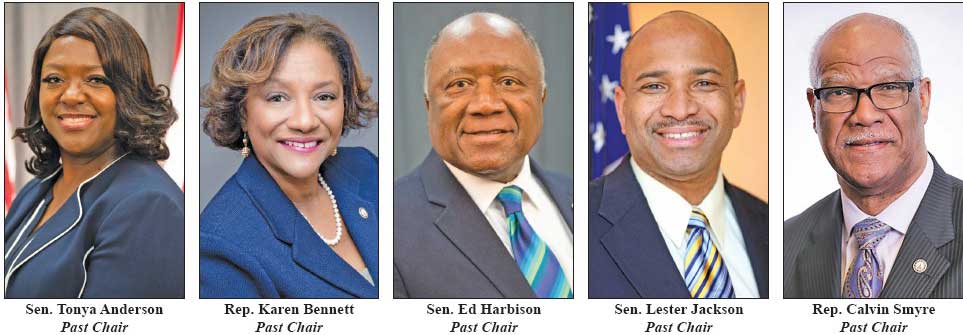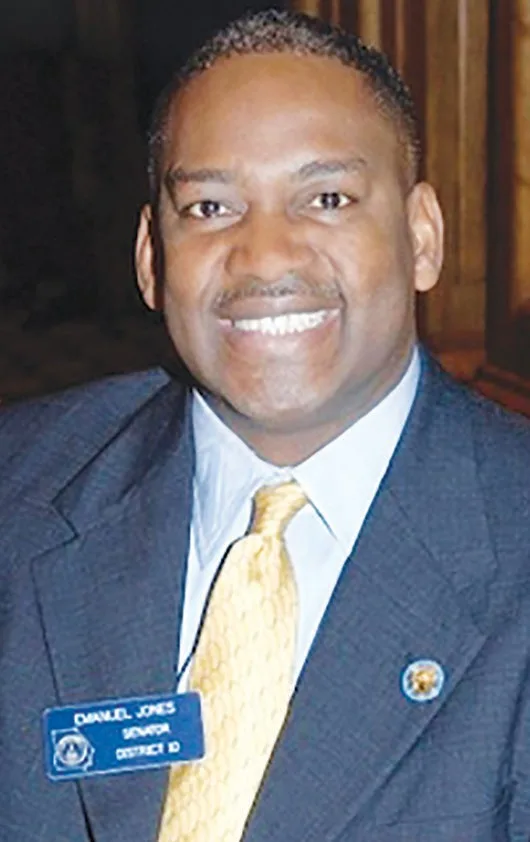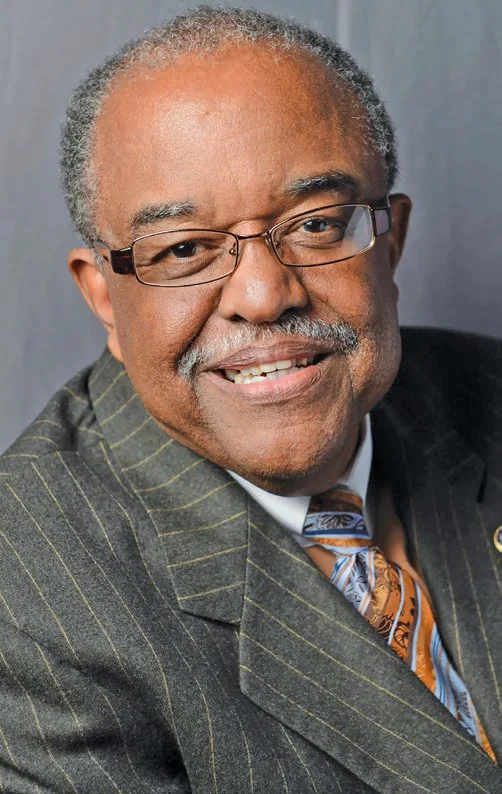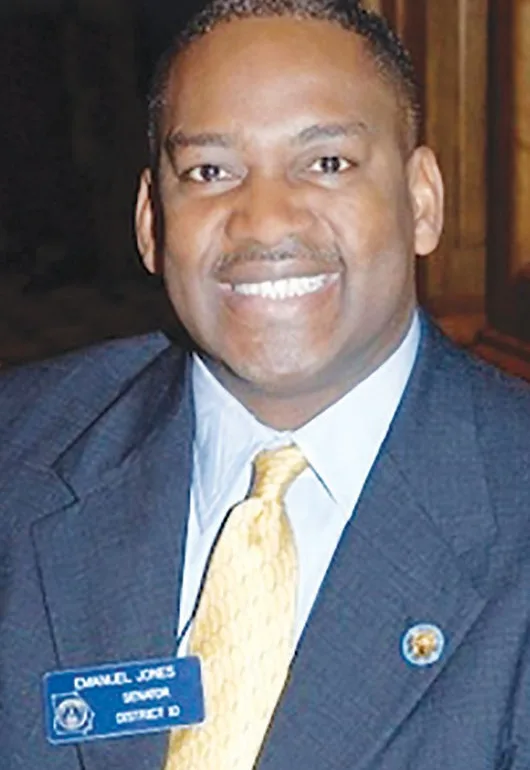
The history of African American political representation in Georgia is a testament to the unyielding spirit of equality and justice. This rich tapestry, woven through decades of struggle, captures the triumphant journey from the discriminatory post-Reconstruction era to a period of significant representation in the Georgia General Assembly.
Early African American Legislators and the Unjust Expulsion
The journey of African Americans in Georgia’s political arena begins with a painful chapter. During the brief period of Reconstruction following the Civil War, 33 African American men were elected to the Georgia General Assembly in 1868. This was a significant step forward, considering that many of these men were former slaves.
However, their representation was met with outright hostility and discrimination. The white majority in the Assembly expelled all 33 black elected officials, arguing that the state constitution did not permit African Americans to hold office. This flagrant act of racism was a dark period in Georgia’s political history.




After a national outcry and federal intervention, Georgia ratified the Fifteenth Amendment, leading to the reinstatement of these legislators in early 1870. But, by the end of the Reconstruction era in 1877, the gains made by African Americans had been reversed due to the rise of the Jim Crow laws.
Breakthrough: Leroy Johnson’s Election in 1962
Decades of systemic oppression followed until the Civil Rights Movement began to challenge the status quo. In this context, Leroy Johnson emerged as a significant figure. In 1962, prior to the Civil Rights Act and the Voting Rights Act, Johnson made history by becoming the first African American elected to the Georgia Senate since Reconstruction.
A lawyer and civil rights advocate, Johnson utilized his position to champion legislation that benefited minority communities and fought against systemic racism. His election was a beacon of hope, signaling a forthcoming era of increased political representation for African Americans.




Historic Elections in 1965 and 1966
The Civil Rights Act of 1964 and the Voting Rights Act of 1965 dismantled many institutional barriers to voting for African Americans. Consequently, a wave of African American candidates successfully ran for office.
In 1965, civil rights leader Julian Bond and the first African American woman representative, Grace Towns Hamilton, were elected to the Georgia House of Representatives. Their victory broke nearly a century of exclusively white representation. In 1966, seven more African Americans were elected to the House, further strengthening the voice of African Americans in Georgia politics. They were Horace T. Ward, Benjamin D. Brown, John Hood, Julian C. Daugherty, Albert W. Thompson, J. D. Grier Jr., and William H. Alexander.
The Formation of the Georgia Legislative Black Caucus
In 1972, fourteen Blacks were elected to the House and two to the Senate. Sworn-in in 1973, Senator Johnson convened the Black legislators periodically to discuss such issues as a new Atlanta city charter and the seating of Julian Bond. The city of Atlanta’s charter was revised, and State Representative Bond was seated. The number of African American legislators continued to grow, and they recognized the need for a unified voice to effectively represent and advocate for their communities.
In 1975, the Georgia Legislative Black Caucus (GLBC) was formally organized after Representative Brown convened the Black members and appointed a bylaws committee. Representative Holmes, a political science professor at Atlanta University (later Clark Atlanta University), drafted the GLBC bylaws. Eight committees were appointed, including an outreach committee to hold public hearings, workshops, and seminars to share information with Black Georgians.
The initial membership consisted of ten senators and 18 representatives, all dedicated to improving the living conditions of African Americans in Georgia. Over the years, the caucus has significantly grown in size and influence, playing a pivotal role in pushing for legislation that addresses racial disparities and social injustices.
Today, the GLBC is the largest state legislative black caucus in the United States. Its continued efforts underline the enduring commitment to the struggle for political, educational, social, and economic equality for all citizens.
In conclusion, the history of African Americans in the Georgia General Assembly is a testament to the resilience of those who fought and continue to fight for equality and representation. From the un- just expulsion of the 33 black legislators in 1868 to the elections of Leroy Johnson and the ‘Georgia Seven’ in the 1960s, African Americans in Georgia have overcome immense hurdles. Today, their legacy continues to shape Georgia’s political landscape.


